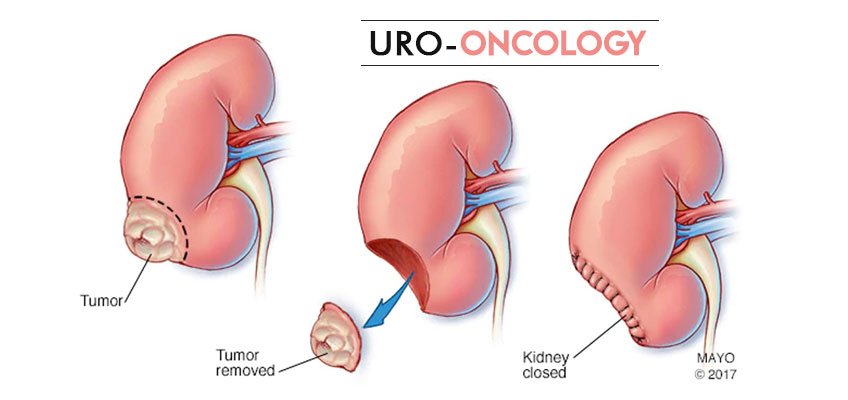
Introduction:
Urological cancers encompass a range of malignancies affecting the urinary tract and male reproductive system, including prostate, bladder, kidney, testicular, and penile cancers. These cancers can significantly impact a person’s life, but early detection, advances in treatment, and survivorship initiatives have improved outcomes for many individuals. In this article, we will explore the importance of early detection, advancements in treatment options, and survivorship strategies in urological oncology.
Early Detection:
Early detection plays a critical role in improving outcomes for individuals with urological cancers. Regular screening and prompt medical attention for potential symptoms are essential. Prostate cancer screenings often include the prostate-specific antigen (PSA) blood test and digital rectal examination. For bladder and kidney cancers, diagnostic tests such as imaging scans (e.g., CT scans, ultrasounds) and cystoscopy can aid in early detection. Testicular and penile cancers can be identified through testicular self-examination and routine physical examinations. Awareness of risk factors, family history, and changes in urinary or reproductive function is crucial for early detection.
Treatment Options:
Advancements in treatment options have revolutionized urological oncology, offering patients a range of effective interventions tailored to their specific cancer type, stage, and overall health. Treatment modalities may include surgery, radiation therapy, chemotherapy, immunotherapy, targeted therapy, or a combination of these approaches. Minimally invasive techniques, such as laparoscopy and robotic-assisted surgery, have transformed surgical procedures, enabling reduced recovery times, smaller incisions, and improved precision. Individualized treatment plans, developed in collaboration with a multidisciplinary team of healthcare professionals, optimize outcomes and ensure the best possible care for patients.
Survivorship Support:
Survivorship support programs are integral to urological oncology care, addressing the physical, emotional, and psychosocial needs of cancer survivors. These programs provide a holistic approach to post-treatment care, helping survivors navigate the challenges they may face after completing their treatment. Survivorship support may include regular follow-up visits, monitoring for recurrence or late effects, managing treatment-related side effects, providing psychosocial support, and promoting healthy lifestyle behaviors. Support groups, counseling services, and educational resources contribute to the overall well-being and quality of life of cancer survivors.
Importance of Multidisciplinary Care:
Urological oncology often involves a multidisciplinary approach, with healthcare professionals from various specialties collaborating to develop comprehensive treatment plans. Urologists, oncologists, radiologists, pathologists, nurses, and other specialists work together to ensure optimal patient care. This multidisciplinary approach allows for personalized treatment strategies, considering the unique characteristics of each patient’s cancer, their overall health status, and individual preferences.
Advances in Research:
Continued research in urological oncology plays a vital role in improving early detection, treatment options, and survivorship outcomes. Ongoing studies focus on developing targeted therapies, immunotherapies, precision medicine approaches, and improving diagnostic techniques. Clinical trials provide opportunities for eligible patients to access innovative treatments and contribute to the advancement of urological oncology.
Conclusion:
Urological oncology has witnessed significant progress in early detection, treatment options, and survivorship support for individuals affected by urological cancers. Through regular screenings, timely medical intervention, and advancements in treatment modalities, many patients experience improved outcomes and prolonged survival rates. Survivorship programs and multidisciplinary care ensure comprehensive support for individuals throughout their cancer journey. Ongoing research continues to drive advancements in urological oncology, offering hope for further improved outcomes and a brighter future for those affected by urological cancers.
